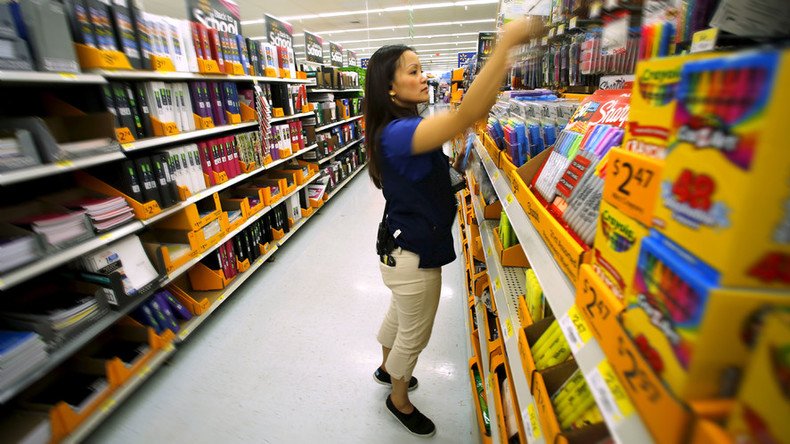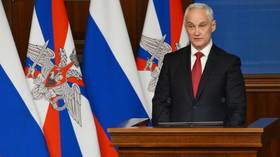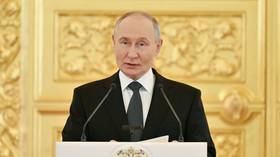Free will illusory, brain tricks us into thinking choices are conscious – Yale study

Will I drink tea or coffee? Should I take an umbrella with me? What if I buy this now even though pay day's in a week? There are so many choices that we believe we make. However, scientists from Yale discovered just how it happens.
Adam Bear and Paul Bloom wanted to check the theory that our brain only creates the impression of making a choice after the choice has been made subconsciously.
In their study, they asked their testees to repeatedly choose in their head which of the five white circles they were presented with would light up red. The circle was lit up randomly with no strict pattern to the color-changes. During trials, testees had to fill out a form with their predictions, with researchers exploring how likely people were to report a successful prediction.
Researchers found that when the circle lit up quickly the testees had a much higher success rate at predicting the right circle than they were supposed to, according to pre-trial estimations.
But if the delay before the circle turned red was longer, the success rate of predictions dropped significantly.
"Even when they believed that they had made their decision prior to this event, participants were significantly more likely than chance to report choosing the salient option when this option was made salient soon after the perceived time of choice," Bear wrote in his blog.
What does this mean? That people tended to adopt the correct choice as their own if they did not have enough time to think of the consequences, like the fact that it was in fact cheating or that they have set their eyes on another option.
Bear suggests that "we may be systematically misled about how we make choices, even when we have strong intuitions to the contrary."
Bear further explains that the fact that the success rate dropped when testees had more time to come up with their prediction. “The subconscious mind could no longer play a trick in consciousness” by literally making a choice to choose correctly. Participants were not just trying to cheat on their test and make it look like their prediction abilities were better than they actually were. Also, there were no magic or extra-sensory abilities there!
"In fact, the people who showed our time-dependent illusion were often completely unaware of their above-chance performance when asked about it in debriefing after the experiment was over," Bear points out.
So what does this say about us? Researchers conclude that our minds often fool us in what they dub a "postdictive illusion of choice." The question they don't answer is whether these illusions only apply to a small set of routine choices that we make quickly and without too much thought, or if they govern other more complicated and therefore more important aspects of our behavior.
"Most likely, the truth lies somewhere in between these extremes," Bear states, adding that even our most seemingly firm beliefs about our own mind can prove wrong.












